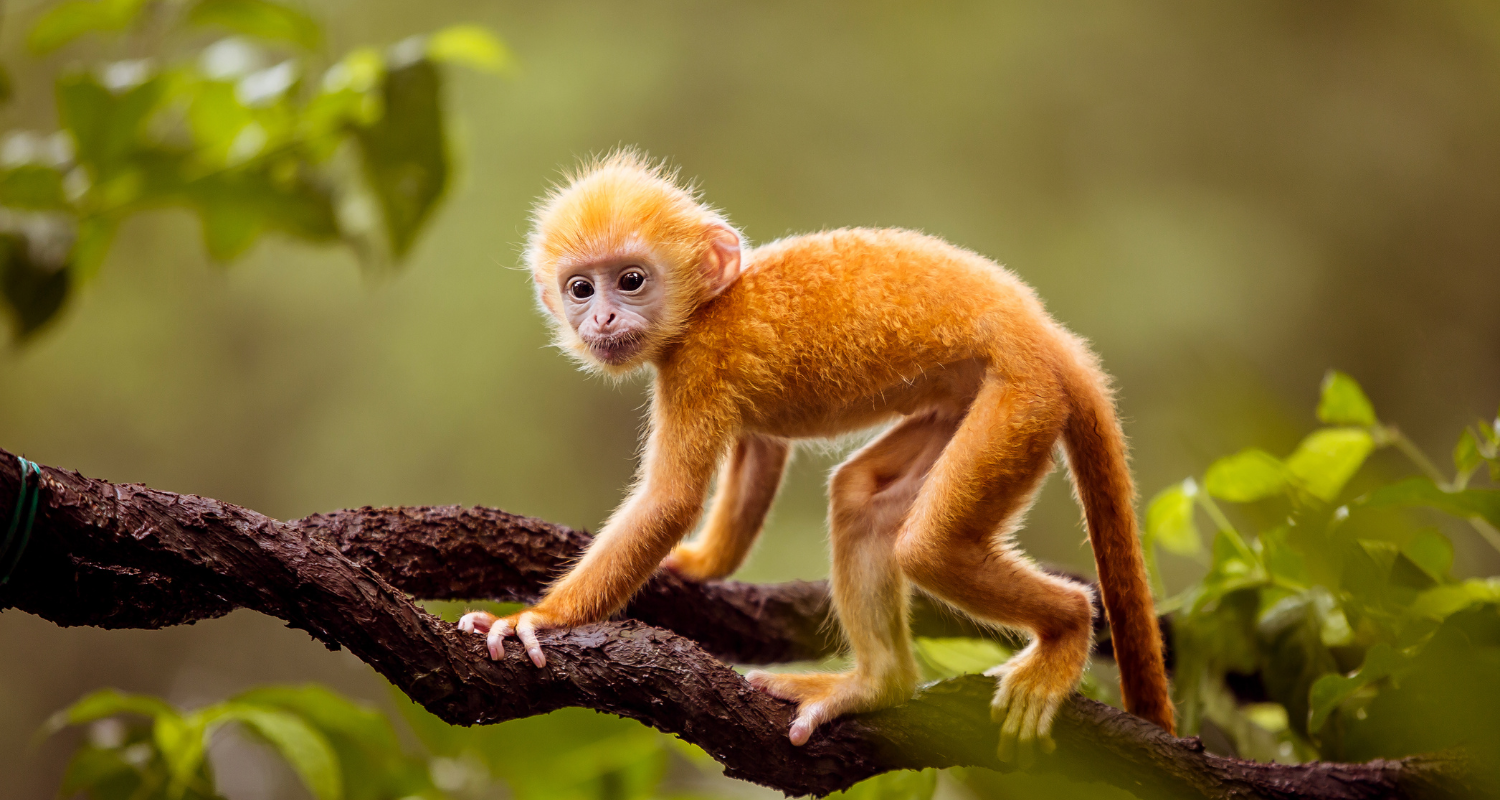
Monkey Symbolism and Meaning as Spirit, Totem, and Power Animal
The monkey, an animal known for its intelligence and agility, carries rich symbolism and spiritual meaning across various cultures worldwide. Its distinctive characteristics, such as its cleverness and playful nature, have led it to symbolize curiosity, innovation, and community.
In Chinese culture, the monkey is one of the 12 animals in the zodiac and is associated with smartness and wit. The year of the monkey is often linked to innovation, strategy, and problem-solving. Monkeys are also seen as symbols of good luck and protection against evil spirits.
In Hindu mythology, Hanuman, the monkey god, represents courage, strength, and devotion. Hanuman's tale is one of unwavering dedication and selfless service, inspiring individuals to pursue their paths with determination and faith.
In wider spiritual terms, the monkey represents curiosity, playfulness, and community. Its inquisitive nature encourages us to explore our surroundings and seek knowledge. The monkey's playful demeanor reminds us to approach life with a sense of humor and joy. Its social nature underscores the importance of communication and cooperation within a community.
The monkey’s ability to swing from tree to tree symbolizes agility and versatility. This attribute encourages us to be adaptable and flexible in the face of life's changes.
In modern interpretations, the monkey symbolizes curiosity, innovation, and community. It invites individuals to maintain an open mind, embrace change and innovation, and value the strength found in the community.
The symbolism of the monkey reminds us of the power of curiosity, the importance of adaptability, and the strength of community. It encourages us to approach life with a sense of humor, to remain open to new ideas, and to cherish the bonds we form along the way.
With its cleverness and playful spirit, the monkey continues to inspire with its profound spiritual symbolism.
In Chinese culture, the monkey is one of the 12 animals in the zodiac and is associated with smartness and wit. The year of the monkey is often linked to innovation, strategy, and problem-solving. Monkeys are also seen as symbols of good luck and protection against evil spirits.
In Hindu mythology, Hanuman, the monkey god, represents courage, strength, and devotion. Hanuman's tale is one of unwavering dedication and selfless service, inspiring individuals to pursue their paths with determination and faith.
In wider spiritual terms, the monkey represents curiosity, playfulness, and community. Its inquisitive nature encourages us to explore our surroundings and seek knowledge. The monkey's playful demeanor reminds us to approach life with a sense of humor and joy. Its social nature underscores the importance of communication and cooperation within a community.
The monkey’s ability to swing from tree to tree symbolizes agility and versatility. This attribute encourages us to be adaptable and flexible in the face of life's changes.
In modern interpretations, the monkey symbolizes curiosity, innovation, and community. It invites individuals to maintain an open mind, embrace change and innovation, and value the strength found in the community.
The symbolism of the monkey reminds us of the power of curiosity, the importance of adaptability, and the strength of community. It encourages us to approach life with a sense of humor, to remain open to new ideas, and to cherish the bonds we form along the way.
With its cleverness and playful spirit, the monkey continues to inspire with its profound spiritual symbolism.

Leave a comment
This site is protected by hCaptcha and the hCaptcha Privacy Policy and Terms of Service apply.